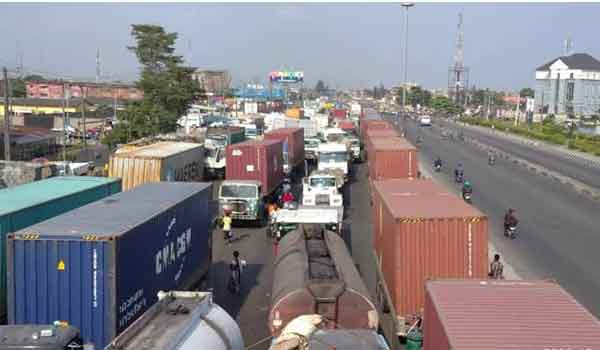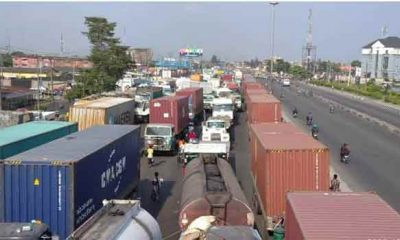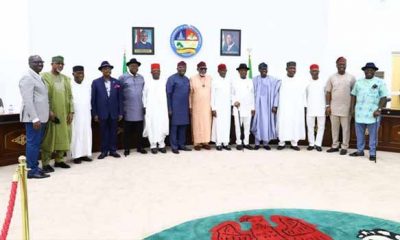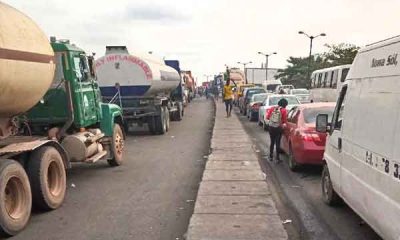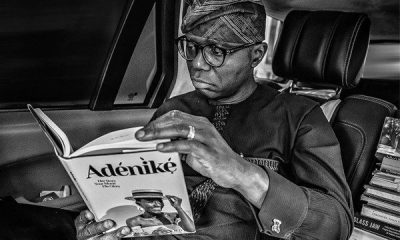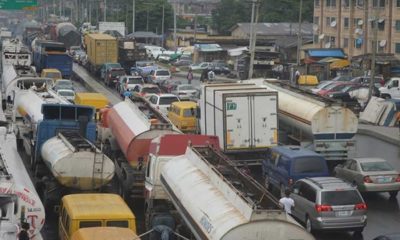Wonders will never end. This best describes the situation at the Apapa ports in Lagos, when President Muhammadu Buhari came there to inaugurate the Integrated National Security and Waterways Protection Infrastructure, also known as the Deep Blue Project.
The project, conceived in 2017, was done by the Nigerian Maritime Administration and Safety Agency (NIMASA), in conjunction with the Nigerian Armed Forces, the Nigerian Police, the Department of State Services and other security agencies, to tackle maritime security threats.
Before the presidential visit, port users were confronted by all manner of challenges such that the ports and its vicinity remained largely a ‘no- go’ area to many Lagosians.
However, things took a dramatic turn on June 10, when the president visited. Orderliness reigned supreme such that even the Minister of Transportation, Mr Chibuike Rotimi Amaechi, expressed surprise at the positive development.
“If they had the capacity in just one night, because I was there the previous evening, and when I came back in the morning, everything had disappeared; if that can happen in one night, it means that the problem is management, nothing else. Do we need to wait for the president to come before we can be efficient?”
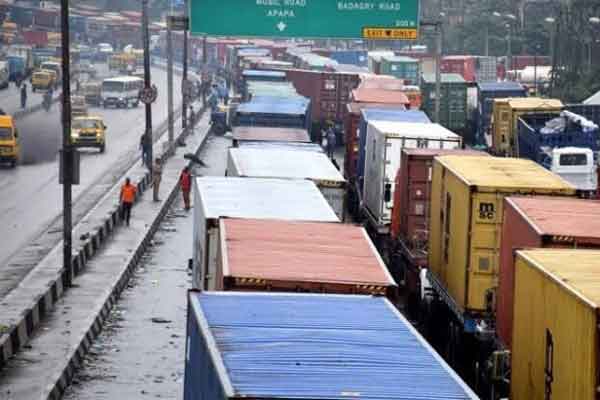
But it should be clear that even though having an orderly port like the one President Buhari saw was doable, what the president saw during the visit was just a typical example of the collective hypocrisy in public service in Nigeria.
When governors are visiting a place, the roads to the place are given a facelift, houses are repainted, etc., all in an effort to cover up the ugly side of life on the governor’s route. When the president is visiting, say a hospital, the same thing happens: patients that have been sleeping on bare floor are suddenly discharged and all the visitor sees are well treated patients in a seemingly conducive environment. Who is fooling whom?
But must we descend so low in our effort to show our leaders that things are normal when in actual fact, they are not? The good thing is that some of these leaders are aware of this hypocrisy as they pull the rug off the feet of the people trying to deceive them during such tours by suddenly changing their itinerary.
So, we do not expect President Buhari to be sold such cheap dummy about the ports. He must have been seeing the real life situation of the ports in the media, and even now that the chaos has returned after his visit; he must have realised that some public officials had played the usual pranks.
Operations at the Apapa and Tin Can Island ports, both in Lagos, the major commercial seaports into Africa’s largest economy, have for years been hampered by lack of rail transportation, ageing infrastructure, an almost complete lack of automation, the presence of too many government agencies, with the attendant duplication of duties, and massive corruption at every stage of the operations.
Each of these comes with its peculiar challenges. For instance, lack of an effective rail system means haulage is largely done by road, a thing that not only compounds traffic at the ports, but also shortens the lifespan of the roads even as it worsens the city’s transportation crisis. All of these are exacerbated by corruption at every stage of the clearing business. The coronavirus pandemic did not help matters, as this hampered dock labour resulting in lower productivity and longer stays of vessels at the ports.
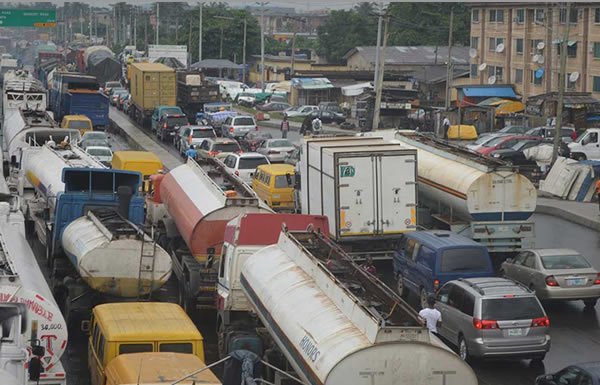
The ensuing crippling congestion make clearing and forwarding activities unattractive, thus compelling many shipping lines to divert their cargoes to neighbouring ports in Cotonou and Cote D’ Ivoire. The steep rise in the cost of transportation of containers, even within Lagos, in some cases by as high as 500 per cent, is a big challenge as it compounds the cost of doing business. As a matter of fact, this cost alone is sometimes more than the cost of bringing the goods from the respective countries several-folds.
However, that the honeymoon of a sane Apapa port was only short-lived should not come as a surprise. That was what it was intended to do. It is now the minister’s responsibility to ensure this sanity becomes a permanent feature. If it was possible overnight, it is possible for all times. As the minister noted, inefficiency is responsible for many of these lapses. All stakeholders – terminal operators and all – must rise to the challenge to return sanity to the ports. But, unlike the minister said, it is not just about having meetings with these stakeholders (there have been a surfeit of these), it is about government providing leadership by attending to the needs of the Nigerian Ports Authority (NPA) to bring it at par with its counterparts elsewhere in the world. It is about government enforcing discipline and dealing decisively with corruption. It is about government partnering with agencies it has to collaborate with in order to facilitate operations at the ports. Where the riot’s act must be read, this should be done and followed to its logical conclusion.
It is important for the government to accelerate action on rail transportation, particularly from the ports, as well as provision of the infrastructure at the receiving end in Ibadan, to avoid a repeat of the current bottlenecks being experienced in Lagos.
Credit: Nations Editorial
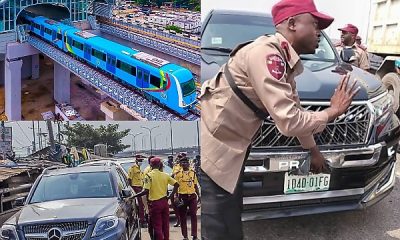
 News1 week ago
News1 week ago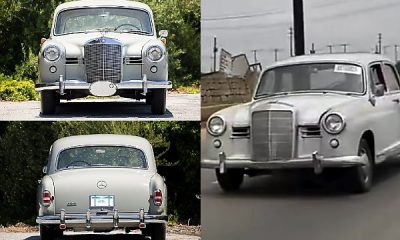
 News1 week ago
News1 week ago
 News1 week ago
News1 week ago
 News1 week ago
News1 week ago
 News4 days ago
News4 days ago
 Latest Cars1 week ago
Latest Cars1 week ago
 News1 week ago
News1 week ago
 News1 week ago
News1 week ago
